Modular Homes for Homeless: Favourable Housing Solution
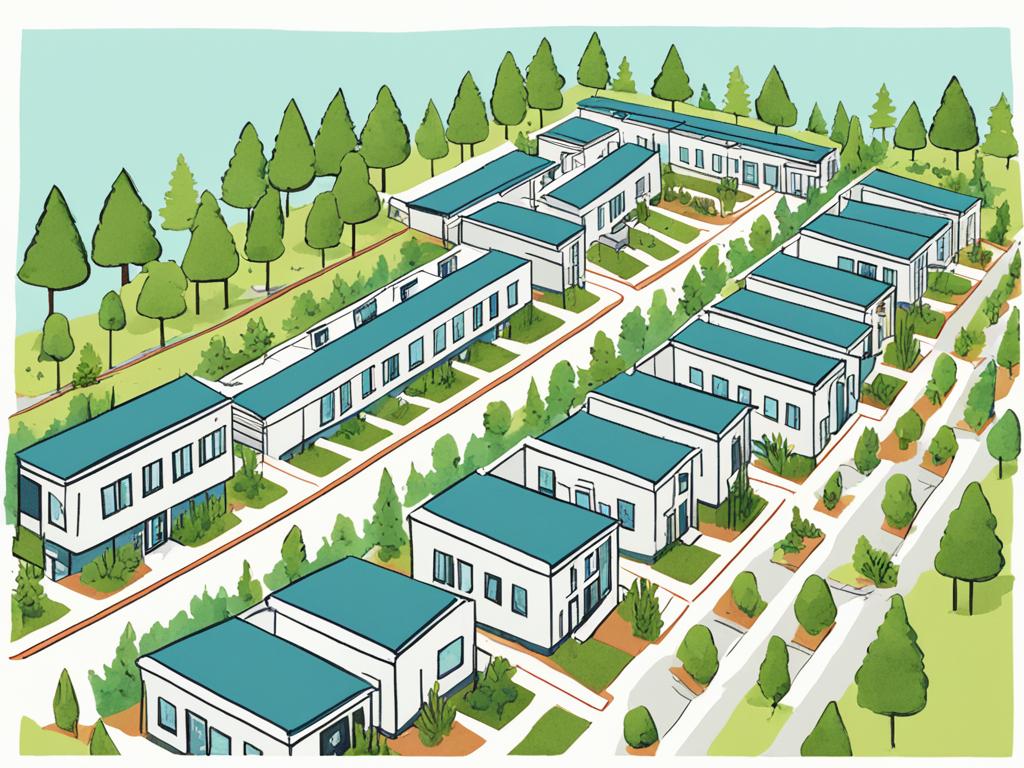
Modular homes have emerged as a low-cost and high-quality housing solution for people experiencing homelessness. These custom-built housing units are designed for temporary use and can be moved around and installed in different sites. They are often loaned out at low or no cost and are accompanied by support services from charities. The cost to build modular homes is generally 15-20% less than traditional stick-built homes. The first community of modular homes was set up in Cambridge, UK in 2020, designed by architects to meet the specific needs of homeless individuals.
Key Takeaways
- Modular homes are a cost-effective and high-quality housing solution for homeless individuals.
- They can be customized, moved, and installed in different sites, providing flexibility.
- Modular homes are often loaned at low or no cost and come with support services.
- The cost to build modular homes is 15-20% less than traditional stick-built homes.
- The first community of modular homes was established in Cambridge, UK in 2020.
Benefits of Modular Homes for Homeless
A study conducted by Cambridge University’s Centre for Housing and Planning Research found that modular homes provide numerous benefits for homeless individuals, offering a viable and effective solution for their temporary housing needs.
One of the significant advantages of modular homes is that they offer residents their own personal space and privacy. This aspect is crucial in supporting the well-being and recovery of homeless individuals, as having a place to call their own can provide a sense of stability and security. By having their own space, individuals can regain a sense of control over their lives and begin their journey towards a more permanent housing solution.
In addition to providing privacy, modular homes also serve as a transitional housing option, facilitating the transition from homelessness to more stable living conditions. When combined with support services, such as counseling, job training, and mental health assistance, modular homes offer a holistic approach towards helping individuals live independently. This combination of housing and support services provides the necessary foundation for individuals to rebuild their lives and reintegrate into society.
Energy efficiency is another advantage of modular homes. Integrated solar panels and batteries allow these homes to become self-sufficient in terms of energy supply. This not only reduces the energy bills for both local councils and occupants but also contributes to environmental sustainability. By harnessing the power of renewable energy, modular homes align with the increasing global focus on reducing carbon footprint and transitioning towards a greener future.
The following list summarizes the benefits of modular homes for homeless individuals:
- Provides personal space and privacy
- Supports overall well-being and recovery
- Facilitates the transition from homelessness to stable living conditions
- Complements support services for independent living
- Reduces energy bills through integrated solar panels and batteries
- Contributes to environmental sustainability
In conclusion, modular homes offer temporary housing options that address the immediate needs of homeless individuals while also providing a pathway to long-term stability. Through their ability to provide personal space, support services, and energy-efficient solutions, modular homes represent a compassionate and practical approach to tackling homelessness.
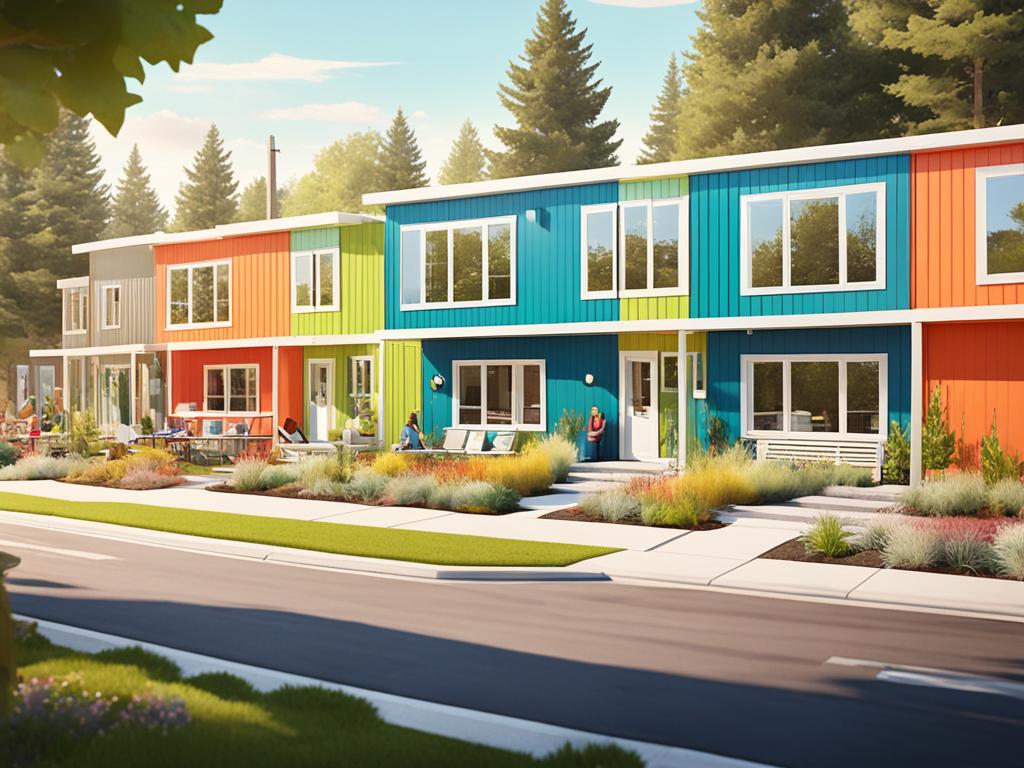
Challenges and Limitations of Modular Homes for Homeless
While modular homes serve as an interim and affordable housing solution for homeless individuals, they do not solve the problem of providing long-term affordable housing. Access to support services for mental health and addiction can be challenging for residents of modular homes. Additionally, finding employment remains difficult for many residents. The rising cost of living in the UK has contributed to an increase in homelessness, highlighting the need for more affordable housing options.
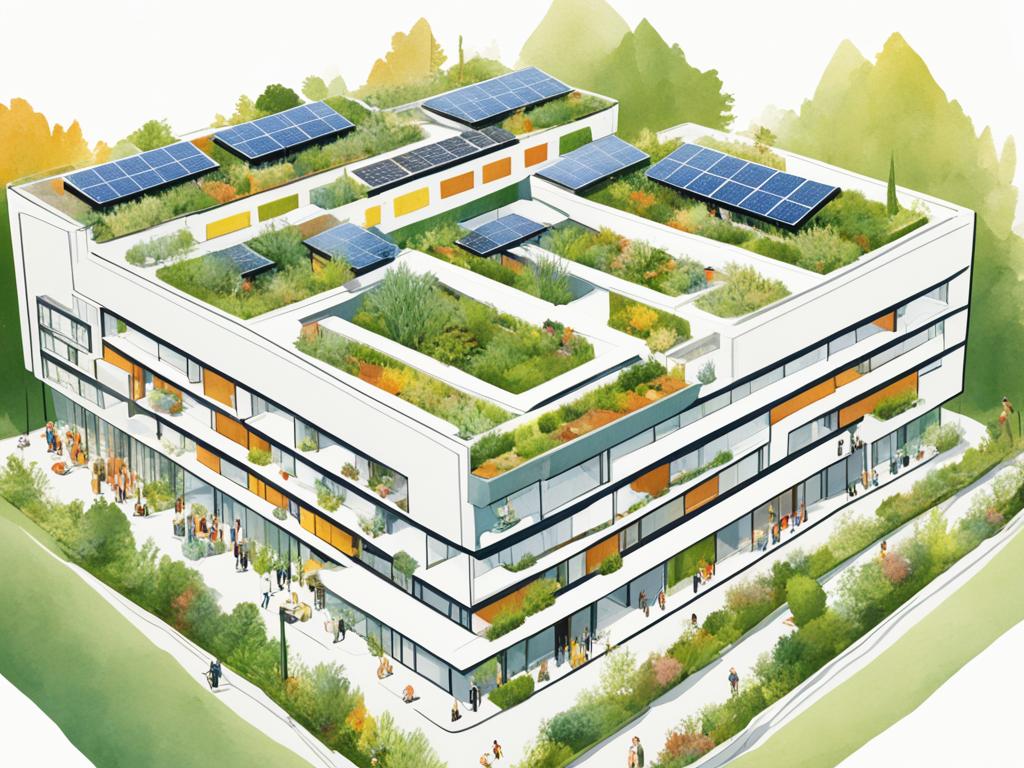
Challenges Faced:
- Limited duration: Modular homes are designed for temporary use, meaning that they do not provide a long-term housing solution for homeless individuals. This poses challenges in achieving stable and secure housing for those in need.
- Access to support services: While modular homes offer a physical shelter, access to essential support services such as mental health and addiction resources may be limited or not readily available. This can hinder the overall well-being and recovery of homeless individuals.
- Employment opportunities: Finding employment can be a significant challenge for residents of modular homes. Limited access to job opportunities, as well as potential barriers such as lack of qualifications or transportation, can hinder individuals’ efforts to transition out of homelessness.
- Cost of living: The rising cost of living in the UK has contributed to an increase in homelessness. While modular homes provide a more affordable housing option, the overall affordability crisis requires a broader range of solutions to address the root causes of homelessness.
Homeless Pods: A Sustainable and Self-Sufficient Solution
Homeless pods, a type of modular housing, offer a sustainable and self-sufficient living environment for homeless individuals. These compact living spaces are designed with natural materials like timber to enhance indoor air quality and provide a stress-reducing environment.
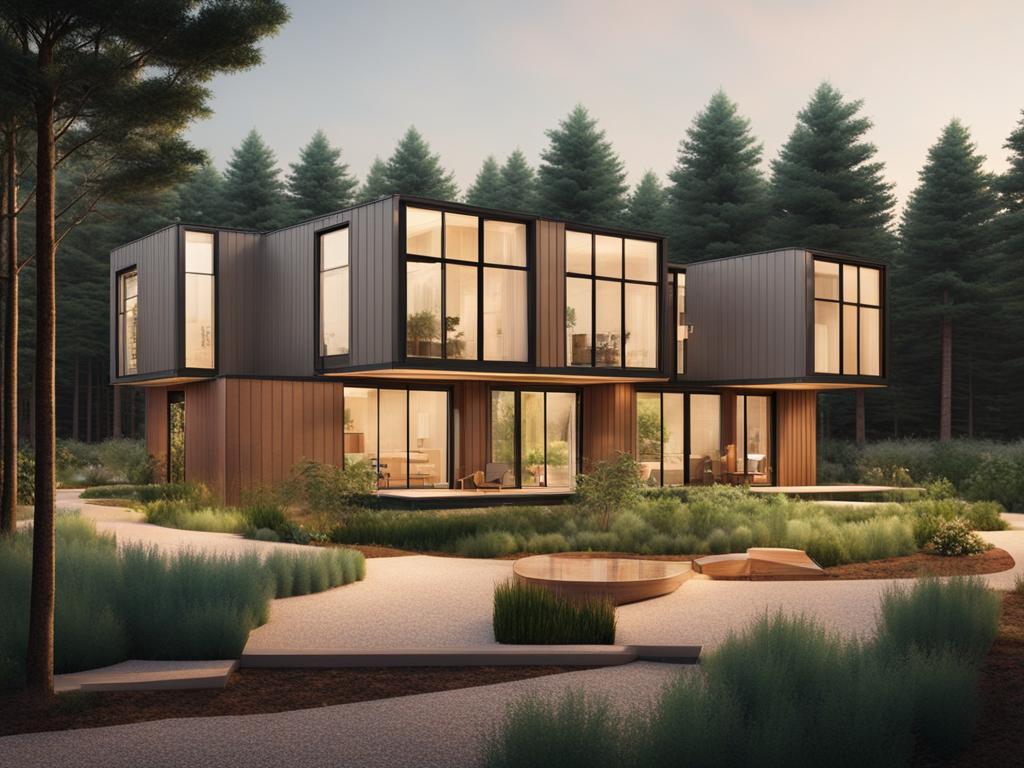
Integrated solar panels and batteries make the pods energy self-sufficient, reducing energy bills and carbon footprint. The use of natural materials and the emphasis on creating healthy living environments contribute to the overall well-being of homeless individuals.
The Haus Collection: Innovative Modular Homes for Homeless
The Hill Group, in partnership with Volumetric Modular Ltd, has developed The Haus Collection, a range of innovative and low-cost modular homes designed specifically for homeless individuals. These homes are constructed using steel frames and walls with cutting-edge acoustic and thermal insulation. They are built off-site in factories, ensuring quality and efficiency. The homes are fully furnished and equipped, ready for occupants to move in immediately. The modular design allows for scalability and easy transportation, making them accessible to local councils and housing associations.
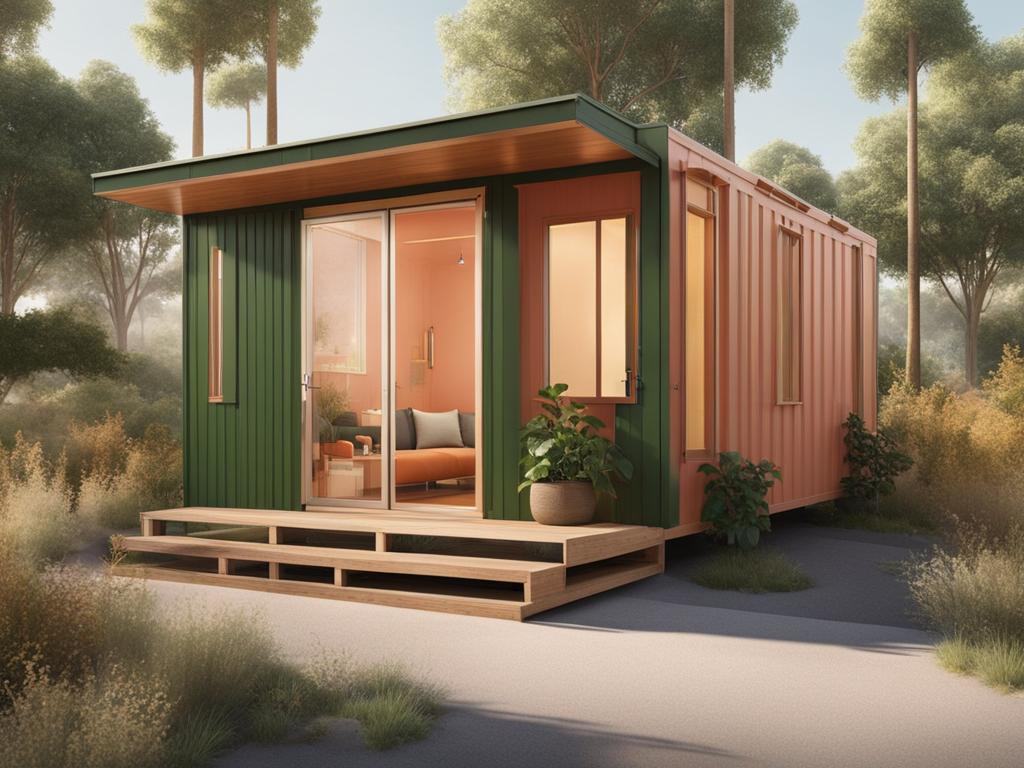
Conclusion
Modular homes have emerged as a favourable housing solution for homeless individuals, providing low-cost and high-quality temporary accommodation. These homes offer residents their own space and privacy, contributing to their overall well-being and recovery. By combining modular homes with support services, homeless individuals have a better chance of transitioning to more permanent housing solutions.
The development of innovative modular housing solutions, such as homeless pods and The Haus Collection, showcases the transformative power of modular construction in addressing the homelessness crisis. These solutions not only provide shelter for the less fortunate but also prioritize sustainability and self-sufficiency. The use of natural materials, integrated solar panels, and energy-efficient technologies make these modular homes environmentally friendly.
However, challenges such as limited access to support services and the ongoing need for long-term affordable housing solutions still persist. To fully address homelessness, it is crucial for local councils and housing authorities to continue exploring the potential of modular homes as a sustainable and human-centric approach to providing housing for the less fortunate. By investing in modular housing solutions, we can create lasting change and offer hope to those in need.
FAQ
Are modular homes a suitable housing solution for homeless individuals?
Yes, modular homes have emerged as a low-cost and high-quality housing solution for people experiencing homelessness. These custom-built housing units are designed for temporary use and can be moved around and installed in different sites.
How much do modular homes cost compared to traditional homes?
The cost to build modular homes is generally 15-20% less than traditional stick-built homes, making them a more affordable option for housing the homeless.
Do modular homes provide the necessary support services for homeless individuals?
While modular homes offer temporary accommodation, they are most effective when combined with support services to help individuals live independently. Access to support services for mental health and addiction can be challenging for residents of modular homes.
Can modular homes help homeless individuals transition to more permanent housing solutions?
Yes, modular homes can help homeless individuals begin their journey towards a more permanent housing solution. These homes provide residents with their own space and privacy, contributing to their overall well-being and recovery.
Are modular homes energy-efficient?
Yes, modular homes offer energy self-sufficiency through the use of integrated solar panels and batteries, reducing energy bills for both local councils and occupants.
Do modular homes solve the problem of providing long-term affordable housing?
While modular homes serve as an interim and affordable housing solution, they do not solve the problem of providing long-term affordable housing. The rising cost of living in the UK has contributed to an increase in homelessness, highlighting the need for more affordable housing options.
What are homeless pods?
Homeless pods are a type of modular housing that offers a sustainable and self-sufficient living environment for homeless individuals. These compact living spaces are designed with natural materials like timber to enhance indoor air quality and provide a stress-reducing environment.
What is The Haus Collection?
The Haus Collection is a range of innovative and low-cost modular homes designed specifically for homeless individuals. These homes are constructed using steel frames and walls with cutting-edge acoustic and thermal insulation. They are fully furnished and equipped, ready for occupants to move in immediately.
How can local councils and housing authorities address homelessness using modular homes?
Local councils and housing authorities can explore the potential of modular homes as a sustainable and human-centric approach to addressing homelessness. The development of innovative modular housing solutions showcases the transformative power of modular construction in addressing the homelessness crisis.

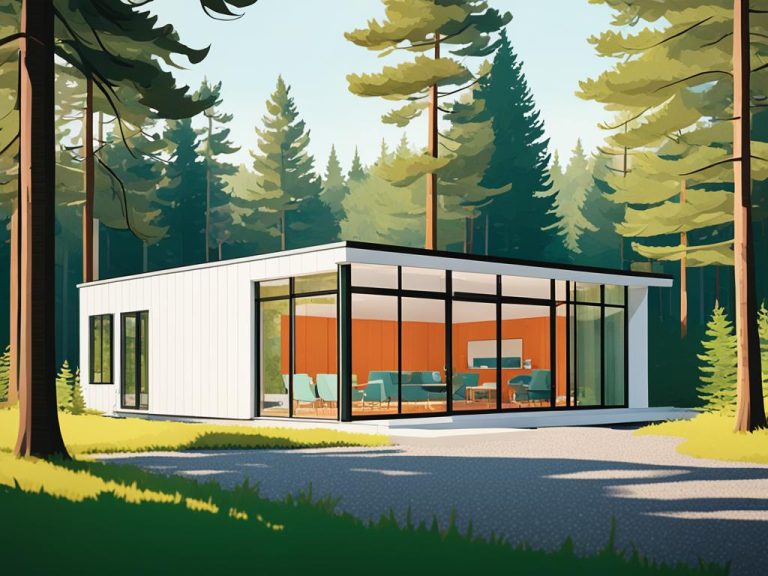
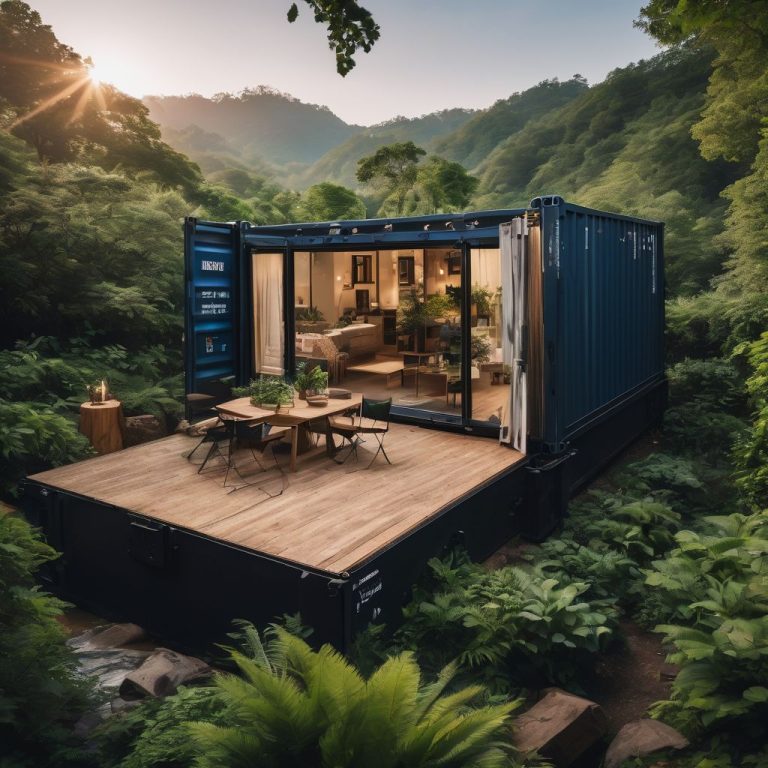
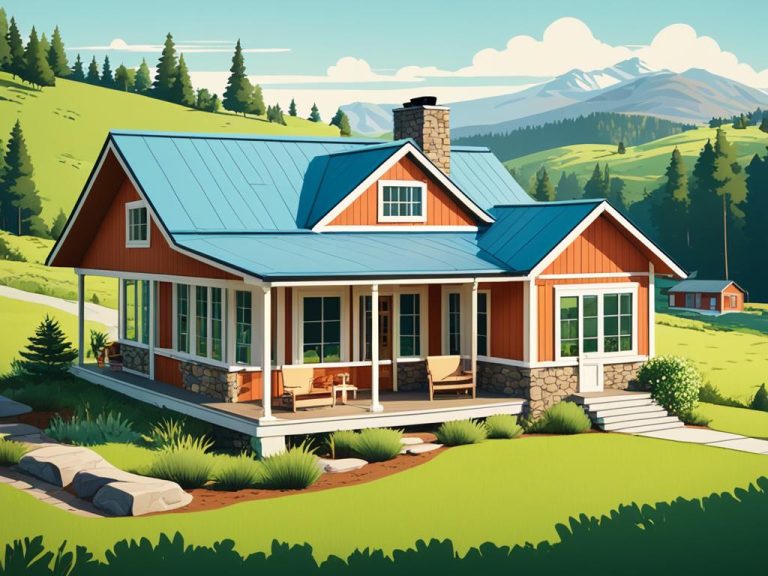
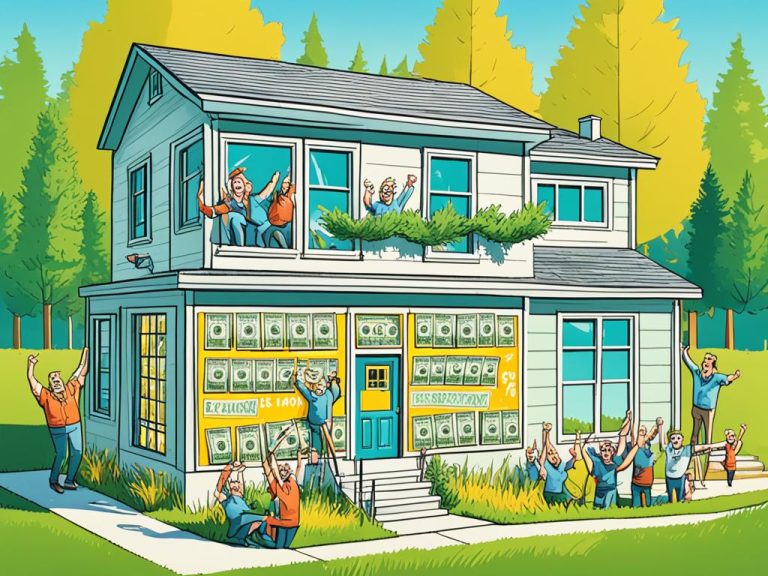
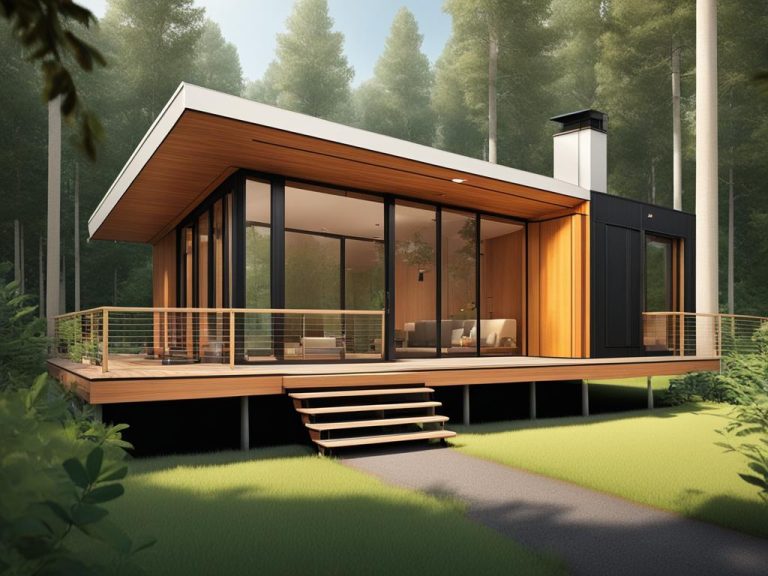
child porn
Thank you for your sharing. I am worried that I lack creative ideas. It is your article that makes me full of hope. Thank you. But, I have a question, can you help me?